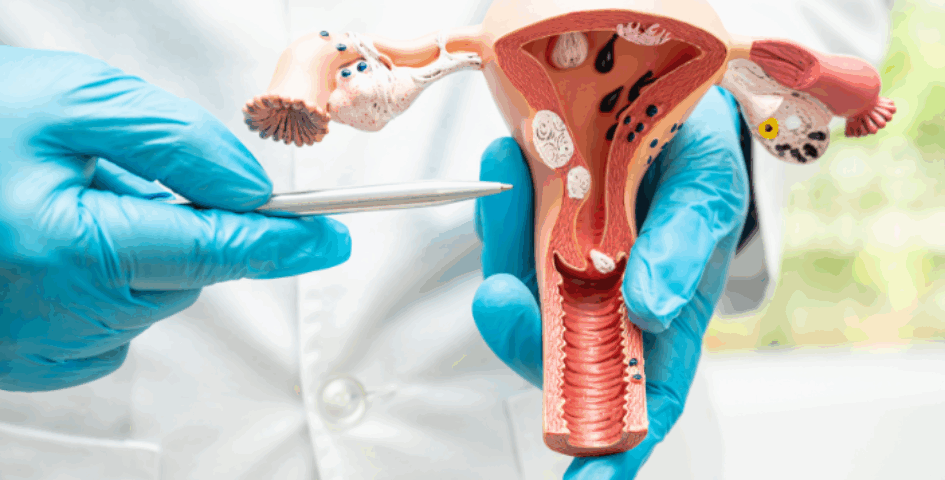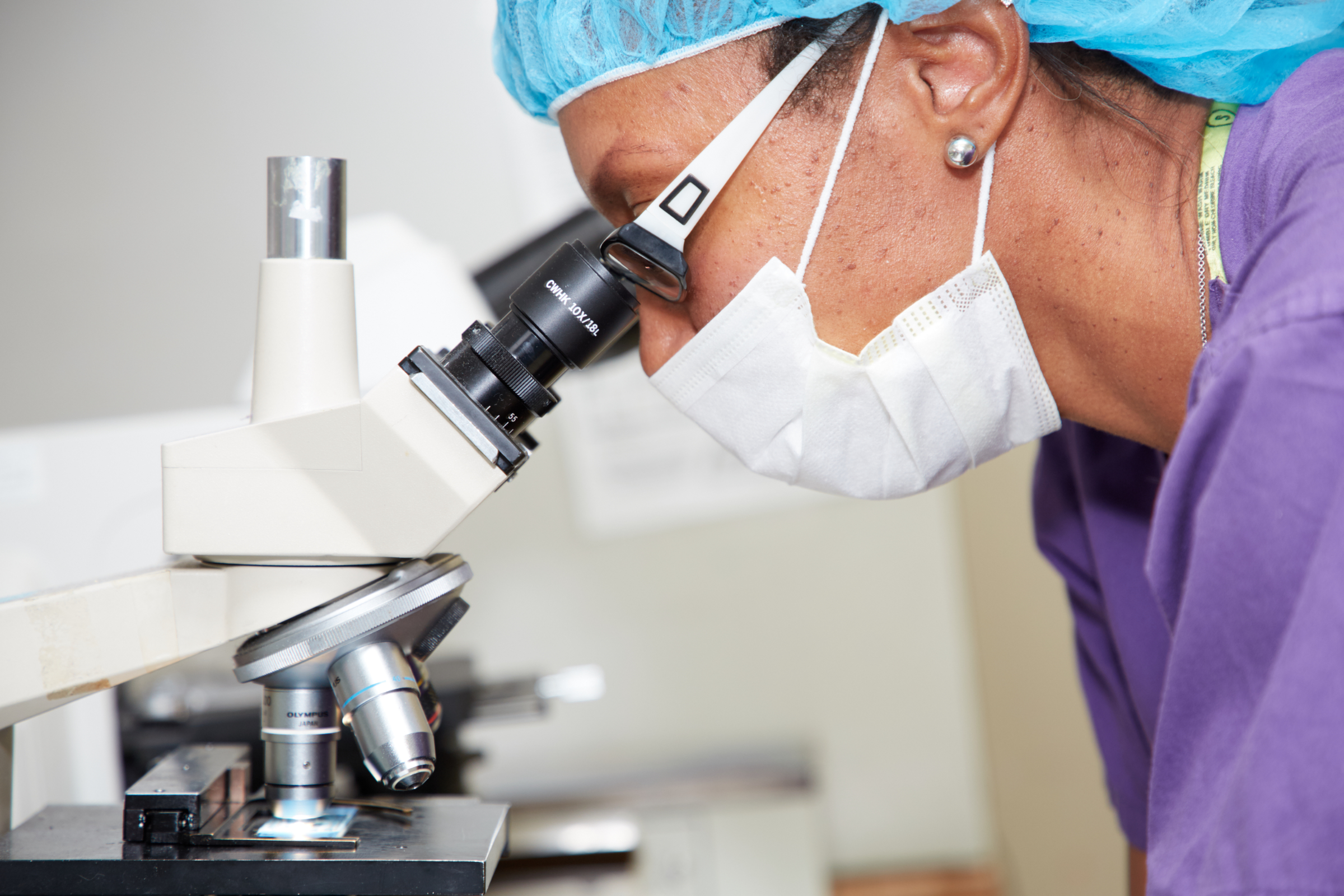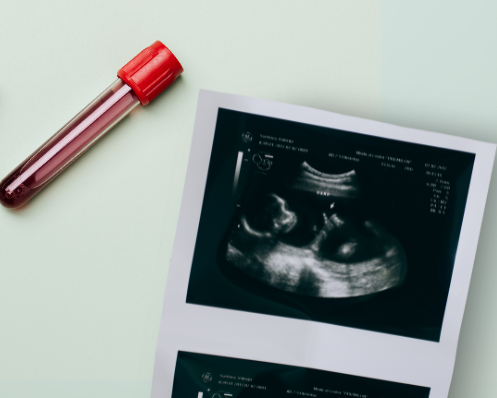If you are trying to get pregnant and have been told you have fibroids, you’re not alone—and you probably have a lot of questions. Uterine fibroids are extremely common. In fact, they are the most common uterine tumors found in women. While many women with fibroids go on to have healthy pregnancies, fibroids can sometimes make it harder to conceive or carry a pregnancy.
Let’s break down what fibroids are, how they can affect fertility, and what options you have.
What Are Fibroids?
Fibroids (also called leiomyomas) are non-cancerous growths that develop in or around the uterus. They are made of muscle and fibrous tissue and can vary in size, from as small as a seed to as large as a grapefruit.
Some women have no symptoms at all, while others may experience:
- Heavy or painful periods
- Pelvic pain or pressure
- Frequent urination or constipation
- Pain during sex
The impact of fibroids depends largely on their size and—most importantly—their location.
Do Fibroids Cause Infertility?
Fibroids are not always a barrier to pregnancy. Many women with fibroids conceive naturally. However, in about 2–3% of infertility cases, fibroids are the only identified cause.
Here is how location matters:
- Subserosal fibroids (on the outer wall of the uterus) usually do not affect fertility.
- Submucosal fibroids (growing into the uterine cavity) are more likely to interfere with getting or staying pregnant.
- Intramural fibroids (within the uterine wall) may also impact fertility, especially if they distort the shape of the uterine cavity.
Submucosal fibroids, in particular, have been linked to lower implantation rates and a higher risk of miscarriage. Removing them surgically (a procedure called myomectomy) may improve your chances of conceiving.
Why Do Fibroids Affect Fertility?
Fibroids can interfere with pregnancy in several ways:
- They can distort the uterine cavity, making it harder for an embryo to implant.
- They can change the way the uterus contracts, affecting sperm movement and embryo placement.
- They may alter blood flow or cause inflammation in the uterus.
- They can affect important proteins and cells that help prepare the uterus for pregnancy.
Some research also suggests that fibroids may disrupt hormone signaling and immune cells needed for successful implantation.
How Are Fibroids Diagnosed?
The first step is usually a transvaginal ultrasound, which helps doctors see the size and location of the fibroids. Other tools include:
- Saline ultrasound (sonohysterogram) – helps show fibroids that are inside the uterine cavity.
- MRI – useful when fibroids are large or hard to see clearly.
- Hysteroscopy – a small camera is inserted into the uterus to get a close-up view and, in some cases, to remove fibroids.
What Are the Treatment Options?
Not all fibroids need treatment—especially if they are not causing symptoms or affecting fertility. However, when they do cause problems, options may include:
- Surgical removal (myomectomy) – especially for submucosal or large intramural fibroids.
- Medications to manage bleeding or shrink fibroids temporarily.
- Lifestyle factors – Some studies suggest that low vitamin D levels may be linked to fibroid growth. A simple blood test can check your levels.
The decision to treat fibroids—especially surgically—should be based on your symptoms, your fertility goals, and the type and location of the fibroids.
The Bottom Line on Fibroids and Fertility
Fibroids are very common and do not always cause problems. But for some women, especially those with fibroids inside the uterine cavity, they can make it harder to conceive or carry a pregnancy.
If you are struggling to get pregnant and know you have fibroids, talk with your doctor about your options. A fertility specialist can help you decide whether treatment could improve your chances and guide you through the process safely.
If you would like to learn more about GENESIS Fertility New York or are ready to schedule an appointment, please speak with one of our representatives at 929-605-5467.





